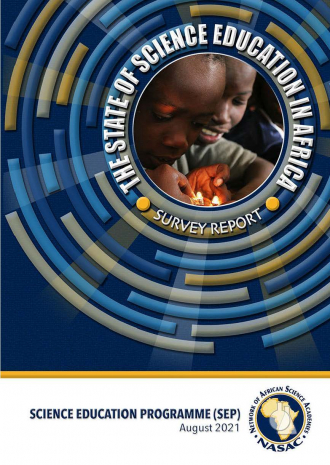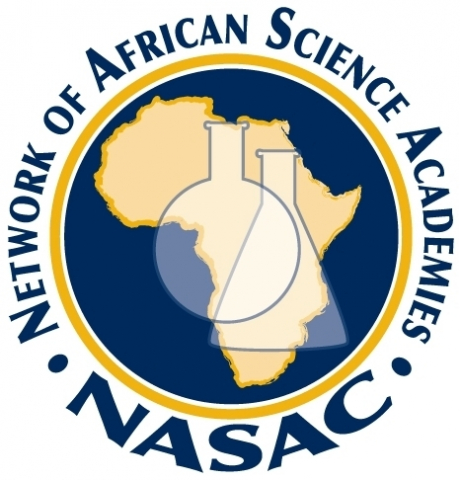Securing Political Goodwill for Gene Editing Technology in Africa Addressing grand challenges of this century, which are defined within the framework of international agendas (2030 Agenda, 2063 African Union Agenda, Paris Agreement, Sendai Framework, etc.), undoubtedly requires science-based responses to sustainability issues. Engaging children and youth through science education and the SDGs needs time.
Yet time is running out for Africa. Science academies and their networks must collaborate with other UN agencies like UNESCO to curb the declining enrollment in STEM (science, technology, engineering and mathematics) in schools globally. As advocates of STEM education, NASAC is convinced that Inquiry Based Science Education (IBSE) is the methodology that stimulates innate curiosity in learners rather than rote, dogmatic and book learning.
The growing world population lacks enough understanding of the vital contributions of STEM in mitigating many societal challenges. Science literacy must therefore become an integral part of science education. STEM through IBSE extends knowledge and understanding of science concepts and processes to society at large. This makes it a valuable tool for decision making, participation in civic and cultural affairs, and economic productivity. Bridging this gap will provide a basis for engaging in STEM-related issues and offer innovative ideas from research to practice. It is for this reason that the Science Education Programme (SEP) remains NASAC’s flagship programme.
NASAC-SEP also highlights and prioritizes digital transformation for socio-economic development in Africa. Digital transformation stands not only to benefit areas oftechnology, but also every aspect of society, from education, healthcare, agriculture, habitations to large corporations and small businesses. In the current age, all socio-economic strategies must be underpinned by a strong investment in the ICT sector and in human capital development.
NASAC member Academies continue to advise policymakers to strive towards building a national knowledge economy that is fueled by local innovation. The first unavoidable step in this regard is to recommend significant national investment on internet connectivity with the rest of the world, with emphasis on improving internet speeds and quality. The ICT sector can help develop any country’s human capital through specialized learning opportunities and creation of attractive work environments to nurture technological innovation. Most importantly, science academies must work with national governments to develop and align artificial intelligence strategies with the global and regional agendas so as to address socio-economic challenges. Science education remains critical in the realization of the Fourth Industrial Revolution (4IR).
Rapid digital transformation underpinned by leadership, cooperation, innovation and a clear strategy will see connectivity become available in every corner of Africa.


